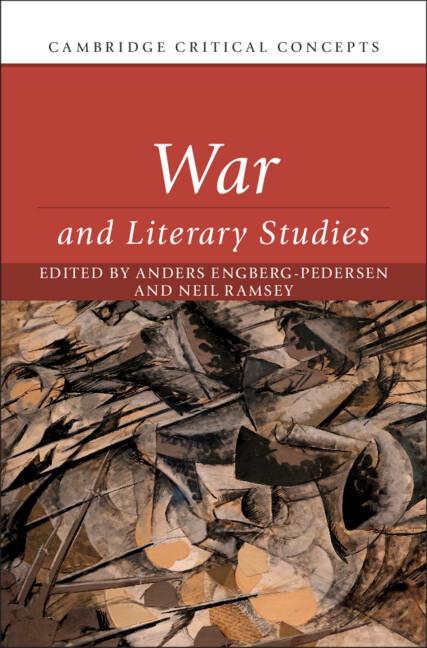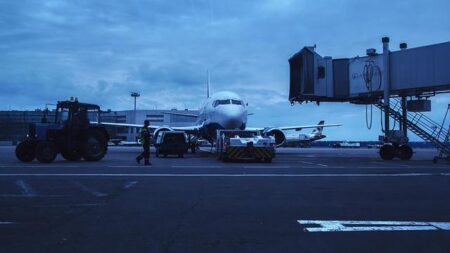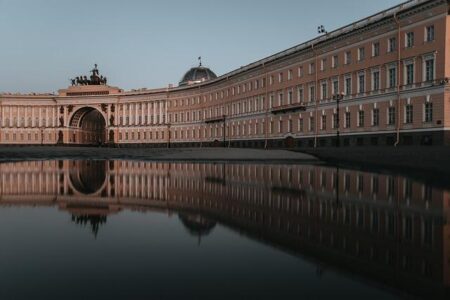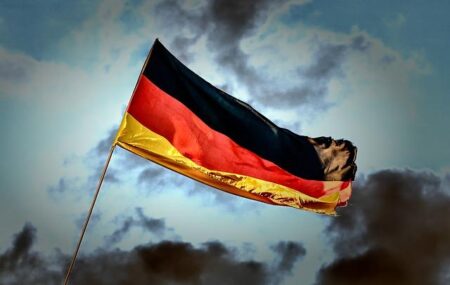Russia has escalated its cultural crackdown by effectively declaring war on literature, imposing stringent controls that threaten the freedom of expression and the preservation of intellectual heritage. In a recent exposé for The Guardian, journalist Anna Aslanyan details the widening assault on writers, publishers, and literary institutions, highlighting the growing climate of censorship and repression. This article takes a closer look at the alarming developments within Russia’s literary landscape and underscores the urgent need for international awareness and response.
Russia Targets Writers and Books in Expanding Cultural Crackdown
Authors, publishers, and bookstores across Russia are facing increasing pressure as state authorities intensify their efforts to control cultural expression. New regulations and censorship measures have led to the banning of numerous books, many labeled as “extremist” or “undesirable” under vague criteria. Writers who challenge official narratives or address sensitive topics risk harassment, arrest, and blacklisting. This crackdown reflects a broader crackdown on free speech, with literature now caught in the crossfire of political suppression.
The impact on the literary landscape is profound:
- Public libraries are removing titles deemed politically incorrect.
- Independent publishers report financial strain after repeated fines and confiscations.
- International book fairs have been boycotted by Russian representatives wary of escalating risks.
| Affected Group | Consequence | Example |
|---|---|---|
| Writers | Surveillance and arrests | High-profile cases of imprisonment for dissent |
| Publishers | Fines and blacklistings | Closure of independent presses |
| Booksellers | Censorship and stock seizures | Withdrawal of politically sensitive books |
The Impact of Censorship on Russian Literature and Global Reading Communities
In recent years, Russian literature has been subjected to unprecedented levels of scrutiny and control, reshaping the cultural landscape in ways that reverberate far beyond national borders. Authors, poets, and publishers face increasing pressure to align their work with state-approved narratives, leading to the suppression of dissenting voices and critical perspectives. This clampdown fractures the rich tradition of Russian storytelling, which historically challenged authority and explored complex social realities. The chilling effect extends to translated works as well, limiting access to global audiences and isolating the Russian literary scene.
The ramifications for international readers and literary communities are profound. Access to authentic Russian perspectives is curtailed, undermining the diversity of global discourse and intellectual exchange. Literary festivals, book fairs, and public forums that once celebrated Russian literature now tread cautiously or avoid featuring authors caught in the censorial crossfire. The consequences include:
- Reduction in translated titles: Publishers worldwide hesitate to invest in works that may be legally or politically compromised.
- Disrupted cultural dialogue: Readers lose nuanced insights into contemporary Russian society.
- Marginalization of dissident voices: Important societal critiques remain unheard both domestically and internationally.
| Year | Books Banned | Authors Exiled | Translations Halted |
|---|---|---|---|
| 2021 | 45 | 12 | 30% |
| 2022 | 78 | 18 | 55% |
| 2023 | 102 | 25 | 70% |
Why Defending Literary Freedom is Crucial in the Face of State Suppression
In an era when authoritarian regimes tighten their grip on all forms of expression, literature remains one of the last bastions of free thought and dissent. The systematic suppression in Russia, which manifests through censorship, intimidation, and punitive legal measures against writers, not only silences individual voices but also erodes the cultural fabric essential to democratic societies. Literature’s role in challenging dominant narratives, preserving historical memory, and fostering empathy makes its protection vital in resisting the spread of propaganda and state control. Failure to defend this freedom risks turning bookshelves into battlegrounds of ideological conformity.
Consider the multiple fronts on which literary freedom is under siege:
- Banning of critical works: Numerous books dissecting political realities are removed from libraries and bookstores.
- Harassment of authors: Writers face surveillance, accusations of extremism, and imprisonment for their creative expression.
- Manipulation of publishing: State-affiliated entities control what reaches readers, curating narratives that serve political agendas.
| Impact | Consequence for Society |
|---|---|
| Silencing of dissenting writers | Weakening of public critical discourse |
| Destruction of archives | Loss of collective historical memory |
| Restricted access to diverse viewpoints | Increased ideological uniformity |
Key Takeaways
As Russia intensifies its crackdown on free expression, the war on literature emerges as a stark warning of the wider assault on cultural and intellectual freedom. Anna Aslanyan’s detailed account in The Guardian underscores the urgent need for the international community to recognize and respond to these troubling developments. In stifling voices on the page, Russia not only threatens writers and readers within its borders but also challenges the very principles of open dialogue and critical thought. The repercussions extend far beyond the literary world-serving as a somber reminder that when regimes silence stories, societies lose a vital means of reflection and resistance.




